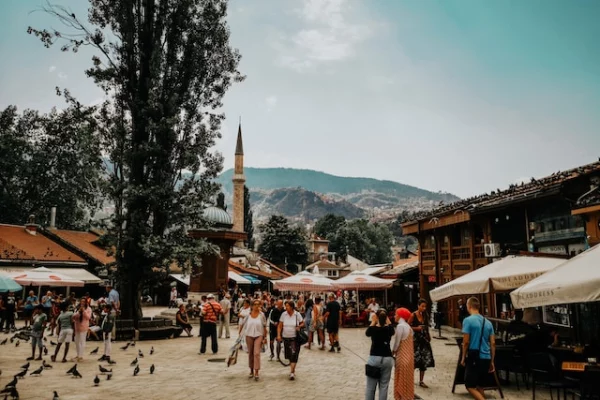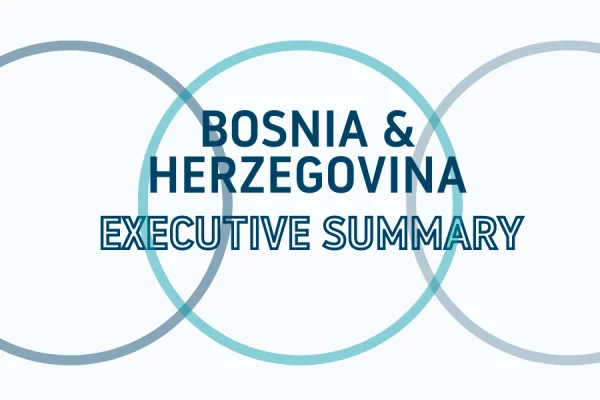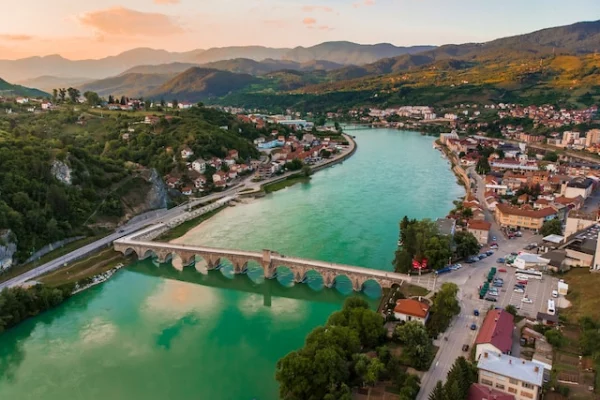Bosnia and Herzegovina
Although violence has ceased, ethnicities in BiH still take centre stage in the country’s decision making processes.
Assessed Groups
- Ethno-Religious
- Class
- Transnational Migration
Bosnia and Herzegovina (BiH) is a country in Southeastern Europe with a history of intragroup violence and instability. It has a diverse population with three main ethnic groups, Bosniaks, Serbs, and Croats. In the 1990s, BiH was the site of violent conflict between these three groups that lasted for several years and caused significant damage and loss of life. After this conflict, the three ethnic groups came together under the Dayton Peace Agreement (1995) and agreed to share power. What resulted is called a “consociational model” that ensures that each ethnic group is represented in the government. While this model has helped keep peace in BiH, this report discusses feelings of collective identity and national belonging and how they can still be further developed. Today, BiH has made progress toward rebuilding and reconciling since the conflict, but still faces many challenges, including corruption, class divides, political instability and unequal policies that privilege certain ethnic groups over others. This assessment was completed in 2021.
Key Takeaways
Prevention of Physical Violence over Structural Violence
Low Collective Ownership over Society
Ethnic divisions are not the only divisions that matter in BiH
Recommendations
Government
Civil Society
International Actors



